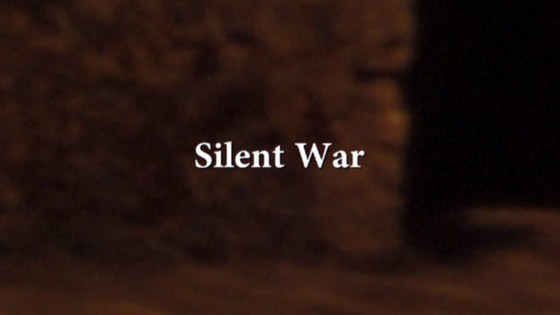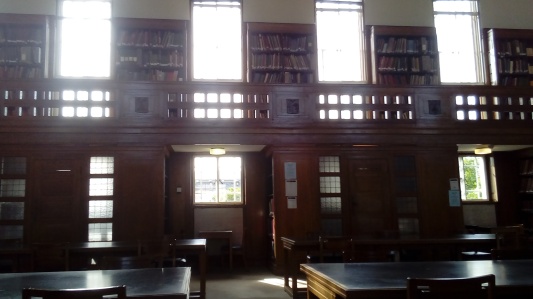I went to a film screening last week at SOAS – it’s taken me so long to write about it because it was so hard to watch. But it’s such an important topic that it NEEDS to be watched. (Trigger warning: Rape)
SYRIE LE CRI ETOUFFE – PriMed 2017 from CMCA on Vimeo.
It’s a lamentation. A howl, stifled yet deafening. A silent cry whose spasms tear through prison walls, basements, the antechambers of death. It’s the cry of Syrian women who, for the past six years, have been routinely raped in Bashar al-Assad’s jails. An organized, pre-meditated crime, based on a key taboo in traditional Syrian society, which makes it impossible for the victims to ever speak about it, knowing they risk rejection – even being stoned to death – by their own family. Rape – in Syria a weapon of war, but never discussed. A way of not only destroying the woman and her identity, but also breaking her family, her clan, and any form of resistance.
How did a woman’s body become part of Syria’s war? The question raised in this film letting women, previously walled-up in shame and silence, speak. (Source)
For obvious reasons, this film was hard to watch. The bravery of these women to share their stories is absolutely astounding. Rape is such a taboo topic, in most places in the world, but very much so in Syria. It’s hard to imagine the kind of societal rejection that these women face for acknowledging what happened to them. They have to overcome twice as much – the violation of their bodies, and then the rejection of their communities.
But this film is also important to watch. It’s not just about bearing witness to what these women endured. It’s also about understanding that rape is being deliberately used as a tactic against Syrian civilians by the Assad regime – for the express purpose of shattering communities and violating honour. There are many things that have occurred over the last seven years of the conflict that make me wonder how anyone could continue supporting the Assad regime – especially in the West (i.e. chemical weapons, besiegement, etc). Maybe this will help open people’s eyes to the atrocities that the regime is committing, and will enable people to admit that he should have zero legitimacy.
The film director, Manon Loizeau, was in attendance and gave a moving tribute to bravery and resilience of the women she met. She also explained that she very much didn’t want to insert herself into the narrative of the documentary, preferring to have it be only the testimony of the Syrian women she interviewed. There is no narration in the film, only the translated text in sub-titles of what the women are saying.
A number of women chose not to reveal their faces on camera, for fear of their identity being known, and Manon explained that there were many details of the testimonies that they could not include because it would identify the women. But there were a few who chose to bare their faces, name the men who raped them in prison, and have faced death threats and exile for doing so. May justice prevail in their cases, and for all the survivors.
Here’s another article from Al-Jazeera about the film.







